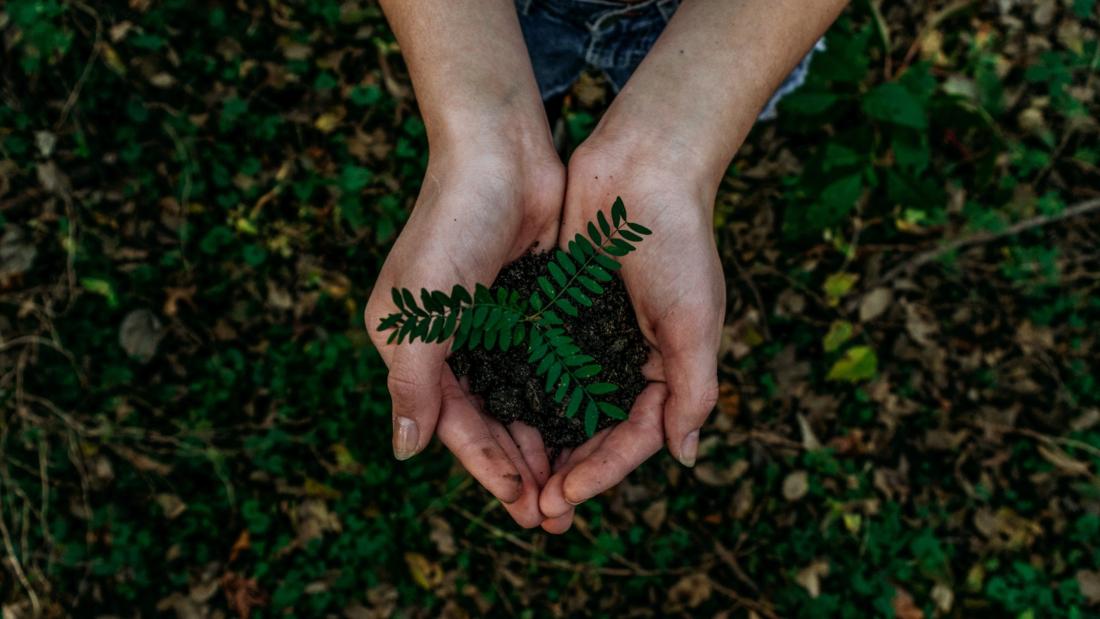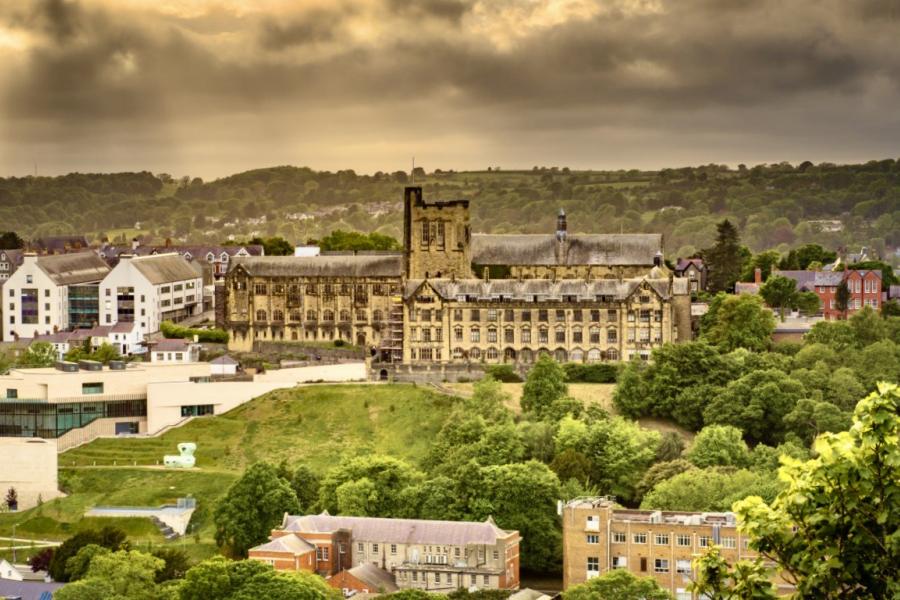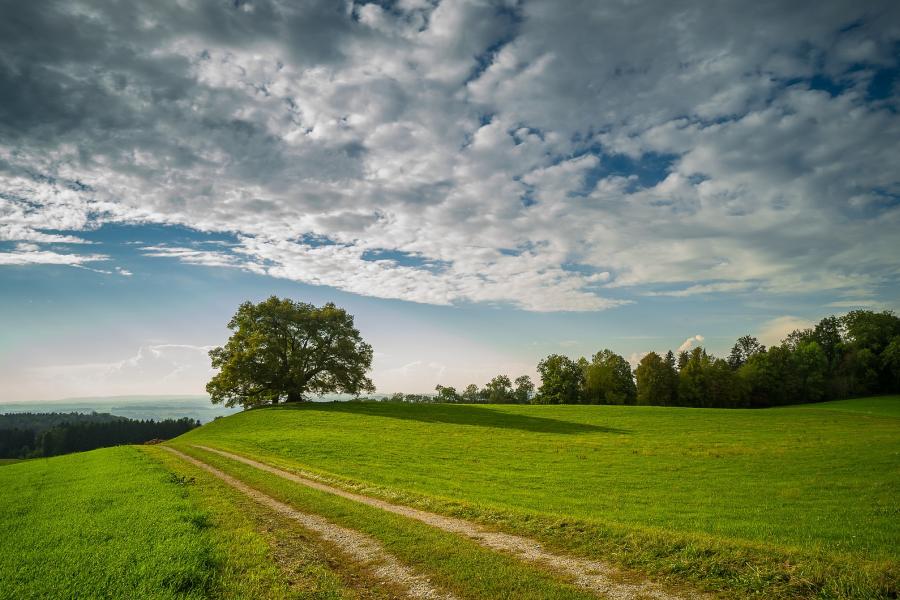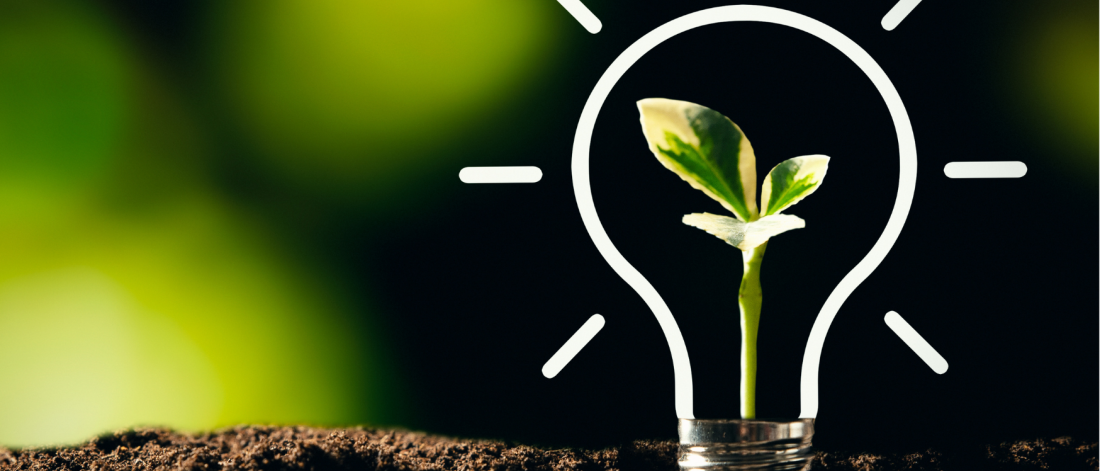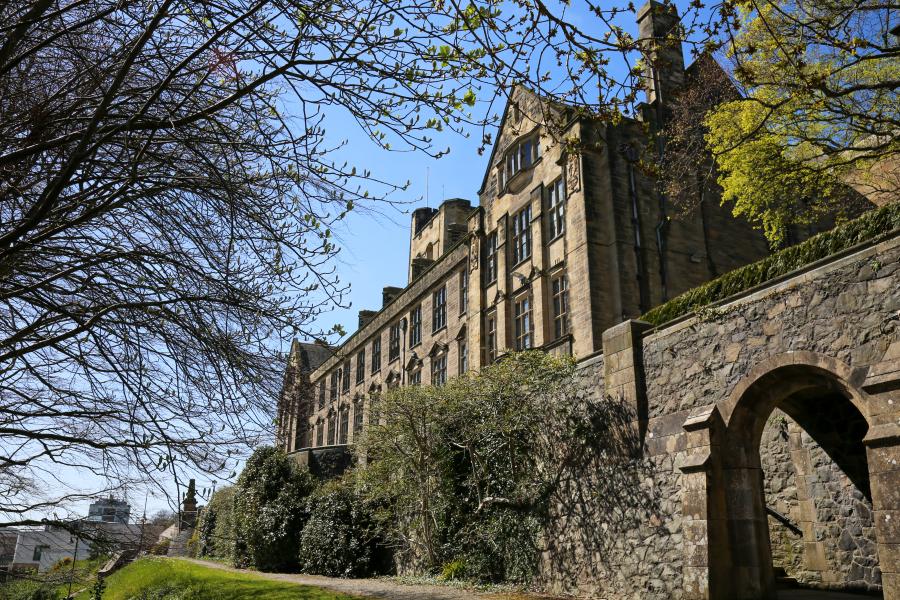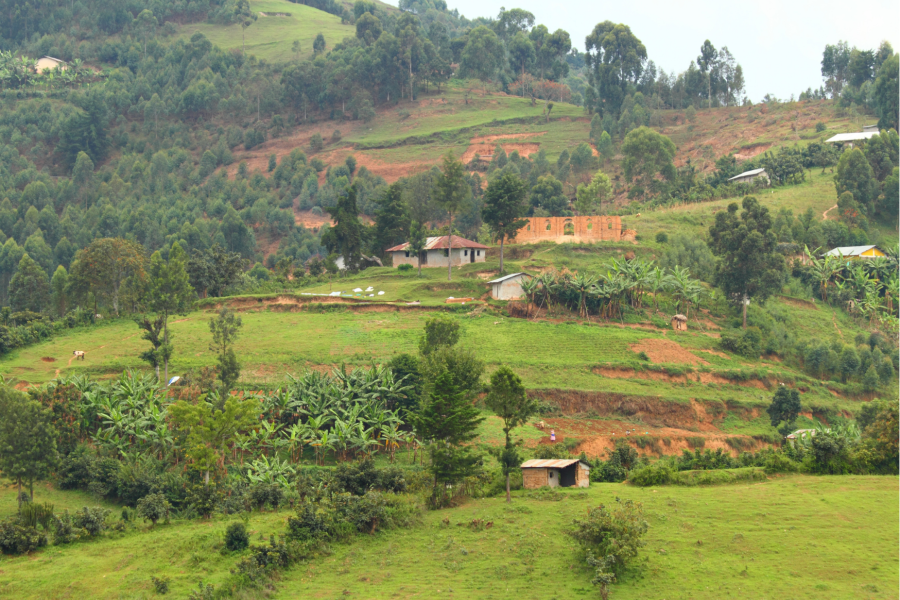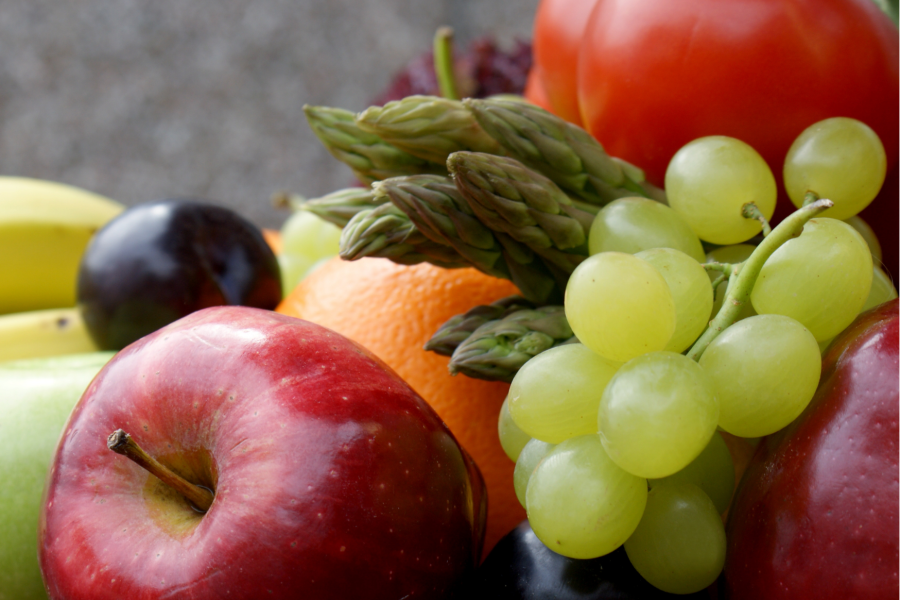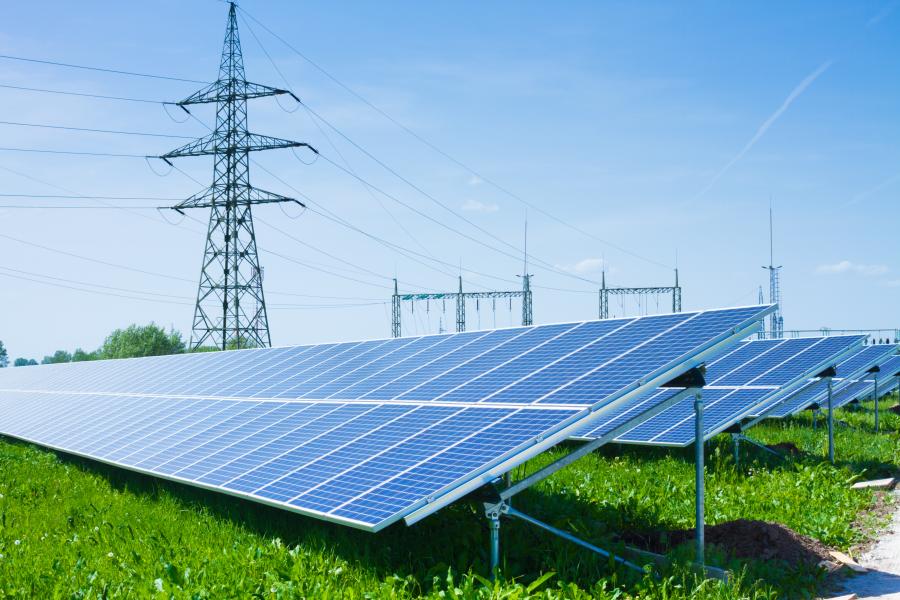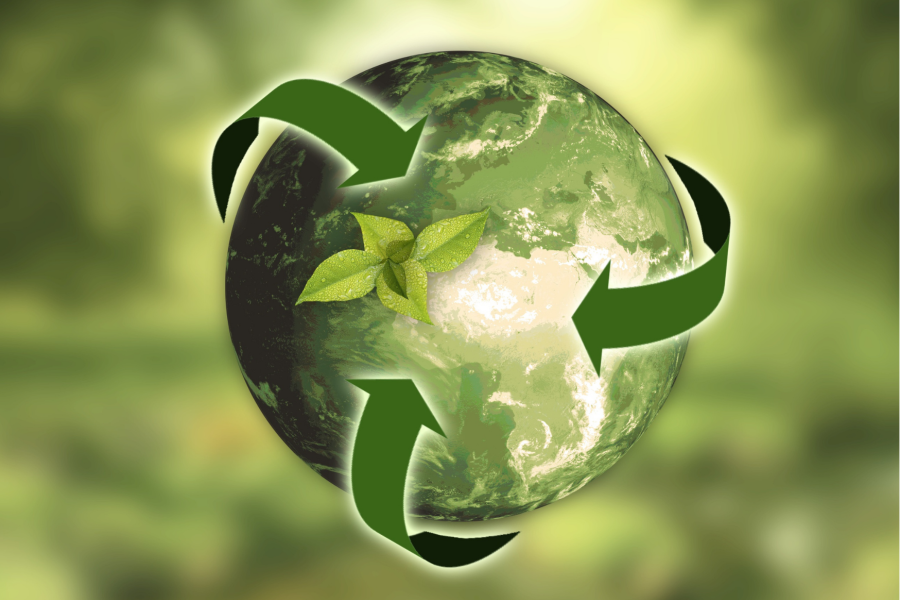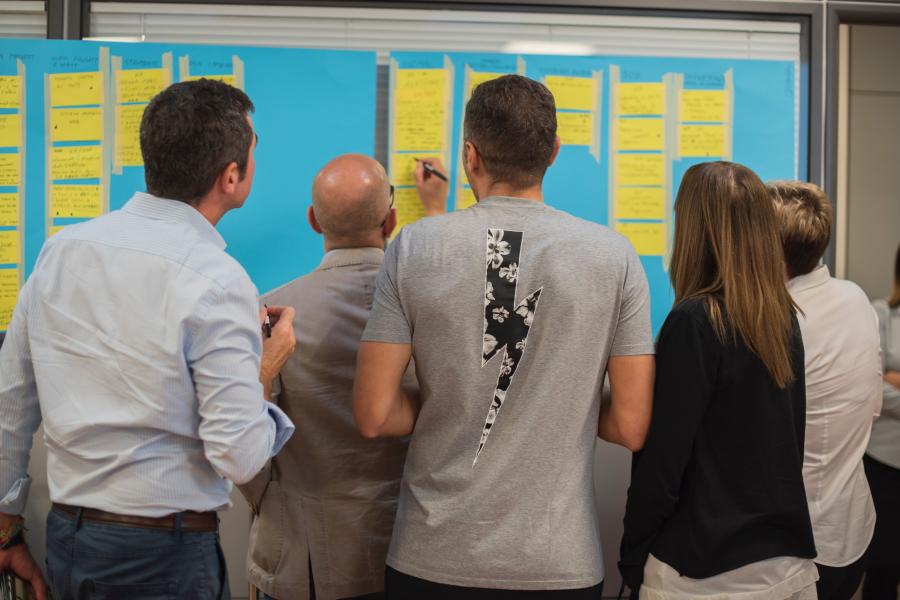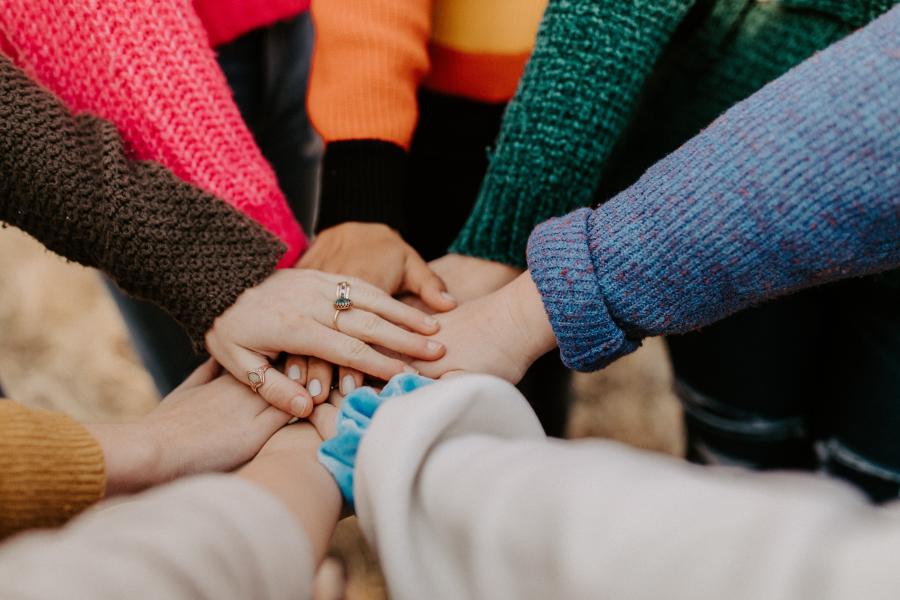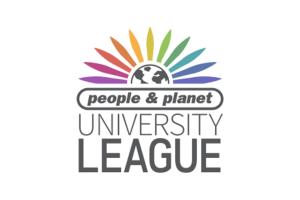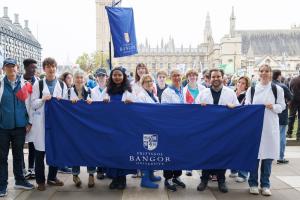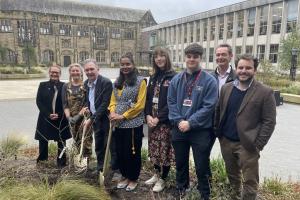Development that meets the needs of the present without compromising the ability of future generations to meet their own needs.
We are passionate about promoting a culture and scholarship of environmental stewardship, living in harmony, and caring for the world in ways that meet our economic, social, environmental, and cultural needs. Underpinned by our world-renowned research, we will support the development of Wales as a bilingual learning country with a knowledge driven economy for the benefit of the world and future generations.
The four principles of Bangor University’s sustainability strategy.
Read the Transcript for the Sustainability video
More than the environment.
Being a truly sustainable university means not only looking after our natural resources and the environment – it means caring for our communities, our culture and our economic resources. At Bangor University we plan on making our university synonymous with sustainability.
Sustainability is more than the environment and it’s more than the work of a single department – it’s in everything we do. Working with the Welsh Government’s Well-being of Future Generations (Wales) Act 2015, and the United Nations’ Sustainable Development Goals, we are committed to making an impact to the challenges our global community is facing.

Sustainability at Bangor
From our undergraduate modules to our research project, everything we do is being mapped onto the 17 UN Sustainability Goals and using the principles of the Welsh Government’s Well-being of Future Generations (Wales) Act 2015.
Get in-touch
If you have any questions about sustainability at Bangor University please email sustainability@bangor.ac.uk
#SustainableBangor
Follow and use the hashtag #SustainableBangor for all things sustainable at Bangor University on social media.

